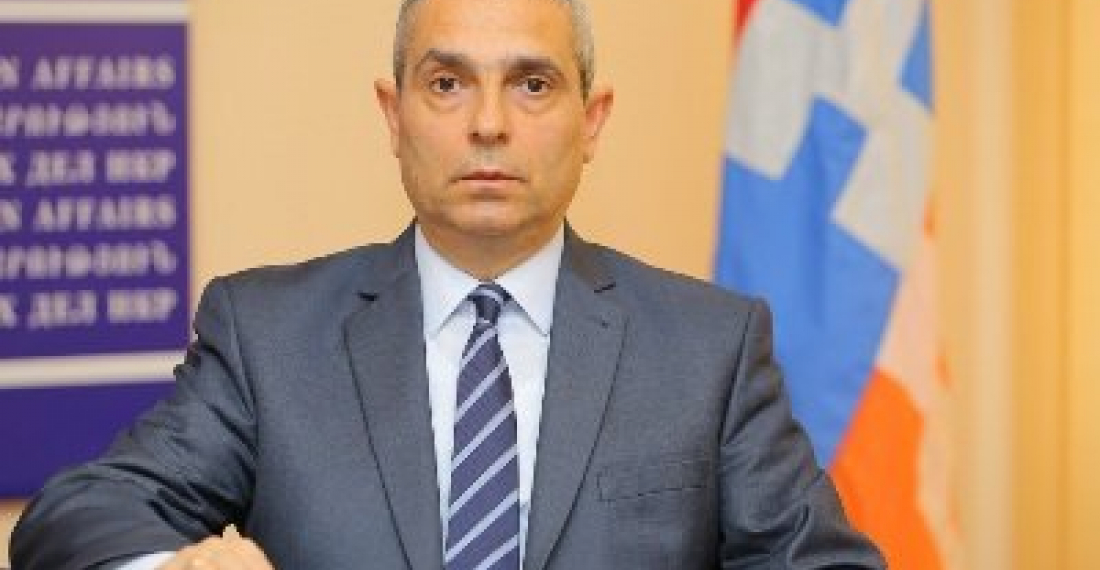One of the most articulate figures within the Armenian population of Nagorno-Karabakh, Masis Mayilian, has announced that he will contest the election for president of the self-declared Nagorno-Karabakh Republic that are expected to be held next year.
Writing on his facebook page, Mayilian said
"The discussions held with Artsakh's citizens, political and public circles, the RA governmental and political circles, and the national figures of the Diaspora have shown that there are the preconditions needed for making a decision on putting forward my candidacy in the upcoming presidential elections to be conducted in Artsakh. Since the preconditions already in place guarantee the successful conduct of the 2020 elections and inspire confidence in the effective implementation of more varied development programs in Artsakh, I have decided to put forward my candidacy.
"The time has come for active and decisive steps aimed at a nationwide agenda as well as a broad consolidation of strong public forces to discuss and adopt radical reforms' programs in Artsakh. As a result of reforms, we will ensure-with joint efforts-the secure, prosperous, reliable, just, civilized and democratic future of our country; in one word, we will craft our New Artsakh."
Masis Mayilian currently holds the position of Foreign Minister in the administration of the self-declared Nagorno-Karabakh Republic. Before that he was for many years engaged in work with civil society. Mayilian is likely to project himself as a representative of a reformist trend within the community of Karabakh Armenians, but it is not clear yet if Yerevan will put forward another candidate for the leadership of Karabakh.
Elections in Nagorno-Karabakh are not recognised as legitimate by the international community and are condemned by Azerbaijan. Speaking yesterday in Baku, Azerbaijani president Ilham Aliyev once more reaffirmed the Azerbaijani position that Nagorno-Karabakh is part of Azerbaijan and that the territorial integrity of Azerbaijan will never be the subject of negotiation or compromise. In August, Armenian prime minister Nikol Pashinyan infuriated Baku when addressing a crowd in Stepanakert, stating that "Karabakh is Armenia".
source: commonspace.eu with agencies
photo: Masis Mayilian (archive picture)







